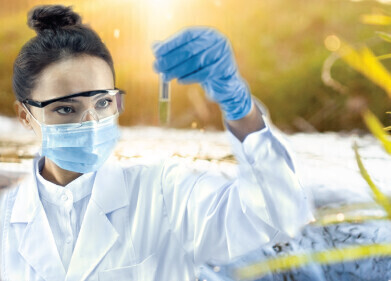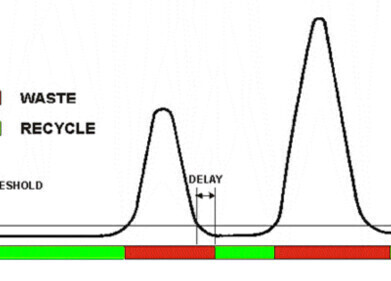-
 Electrophoresis and LC-MS help analyse skeletal muscle tissue
Electrophoresis and LC-MS help analyse skeletal muscle tissue
HPLC, UHPLC
LC-MS and electrophoresis 'common in skeletal muscle proteomics'
Feb 03 2011
In a status report on the discipline published in Skeletal Muscle, Kay Ohlendieck from the Muscle Biology Laboratory at the National University of Ireland Department of Biology lists electrophoresis and LC-MS among the main techniques currently used.
This typically means large-scale separation of the sample, followed by high-throughput identification of proteins present.
According to the author, there are inherent difficulties in skeletal muscle analysis that mean many forms of assessing the data are unsuitable for proteomics purposes.
"Skeletal muscle fibres represent one of the most abundant cell types in mammals," readers are told.
Very high molecular masses in the fibres' membrane-associated proteins and the complexity of the structures in the tissue make conventional biochemistry more difficult, the article adds.
The open-access periodical Skeletal Muscle reports findings relating to the development, regulation and metabolism of muscles in the skeleton, along with issues like degeneration and dystrophy.
Digital Edition
Chromatography Today - Buyers' Guide 2022
October 2023
In This Edition Modern & Practical Applications - Accelerating ADC Development with Mass Spectrometry - Implementing High-Resolution Ion Mobility into Peptide Mapping Workflows Chromatogr...
View all digital editions
Events
Apr 28 2024 Montreal, Quebec, Canada
May 05 2024 Seville, Spain
May 15 2024 Birmingham, UK
May 19 2024 Brno, Czech Republic
May 21 2024 Lagos, Nigeria













